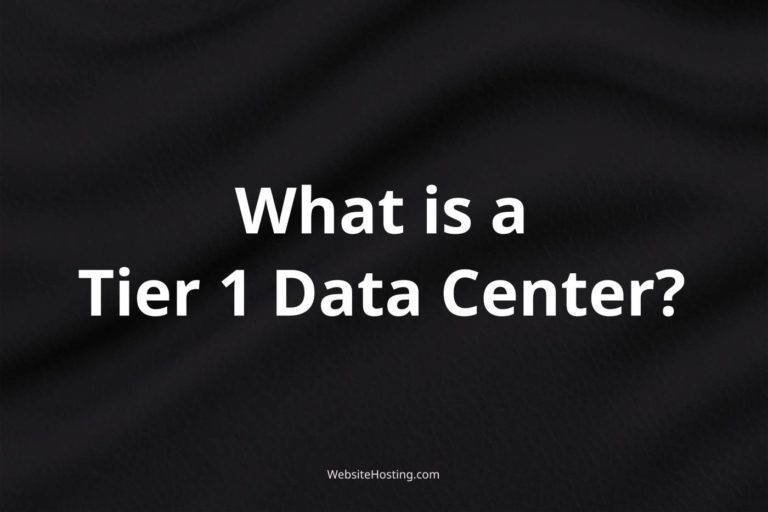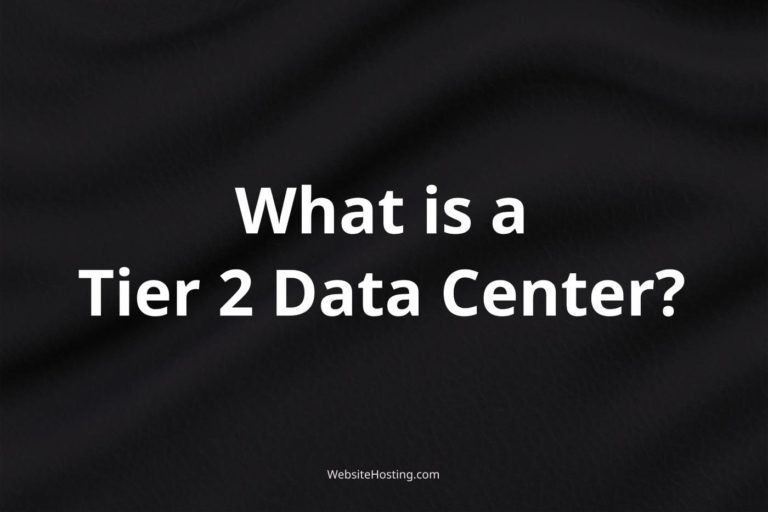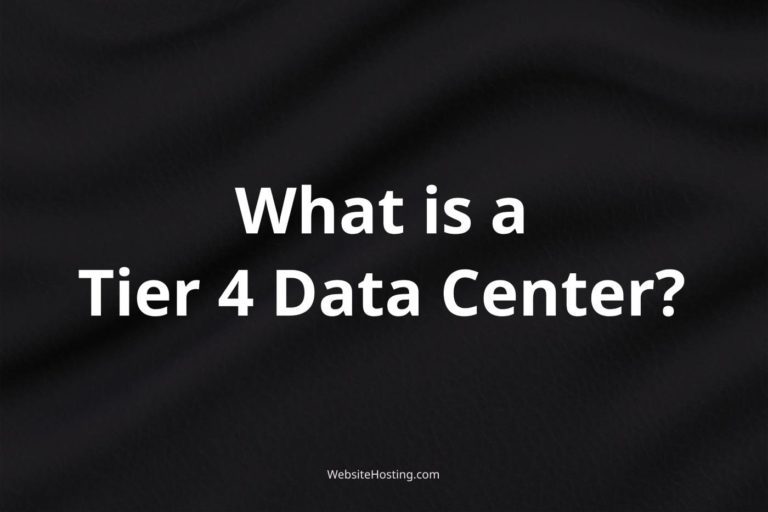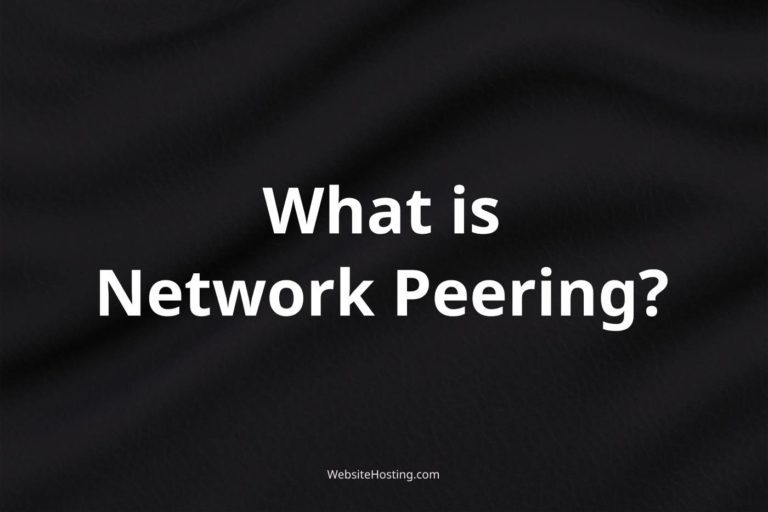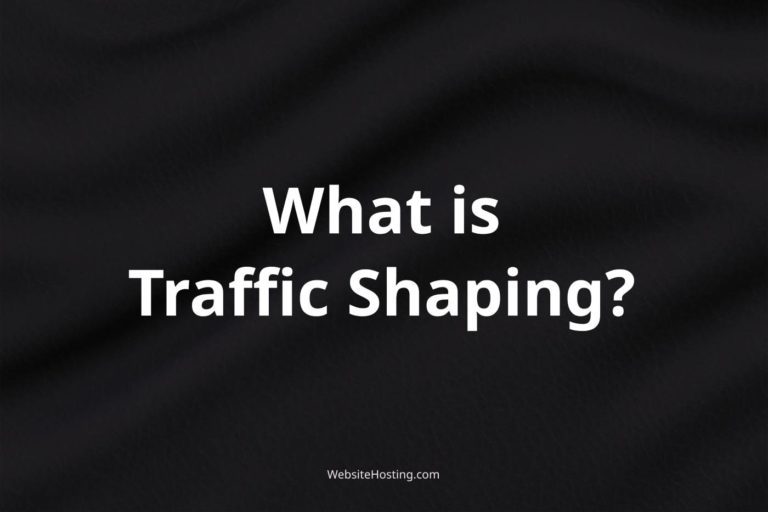When it comes to choosing a web hosting provider, one of the most important factors to consider is the reliability of their data center.
A Tier 3 data center is a type of facility that provides high levels of uptime and redundancy, making it an excellent choice for businesses that need dependable hosting services.
They are designed to be concurrently maintainable, which means that they can continue to operate even if there is a power outage or other types of disruption. Tier 3s typically have multiple power and cooling systems in place, as well as redundant network connections to ensure that there is no single point of failure.
In addition to their robust infrastructure, Tier 3 data centers also have strict security measures in place to protect against physical and cyber threats. They are usually staffed 24/7 by trained professionals who monitor the facility for any signs of trouble and take proactive measures to prevent downtime.
Overall, choosing a web hosting provider that operates out of a Tier 3 data center can give you peace of mind and help ensure that your website is always up and running for your customers.
Related terms:
- Data Center
- Uptime
- Redundancy
- Network Connectivity
- Cybersecurity
- Physical Security
- Server
- Cloud Computing
- Colocation
- Disaster Recovery
Related Brands:
- Equinix
- Digital Realty
- CyrusOne
- Rackspace
- Interxion
Popular Questions and Answers:
-
What is a Tier 3 data center?
A Tier 3 data center is a highly reliable and secure facility that provides excellent uptime and redundancy for web hosting. -
What makes a data center Tier 3?
A Tier 3 data center is designed to be concurrently maintainable and has redundant power, cooling, and network systems in place to prevent downtime. -
How does a Tier 3 data center protect against physical threats?
Tier 3 data centers typically have strict security measures in place, such as access controls, video surveillance, and security personnel on site 24/7. -
How does a Tier 3 data center protect against cyber threats?
Tier 3 data centers typically have multiple layers of cybersecurity measures in place, such as firewalls, intrusion detection systems, and vulnerability scanning. -
What is the difference between a Tier 2 and Tier 3 data center?
A Tier 2 data center has a single path for power and cooling, while a Tier 3 data center has redundant systems in place for both. Additionally, Tier 3 data centers are designed to be concurrently maintainable, while Tier 2 data centers are not.
